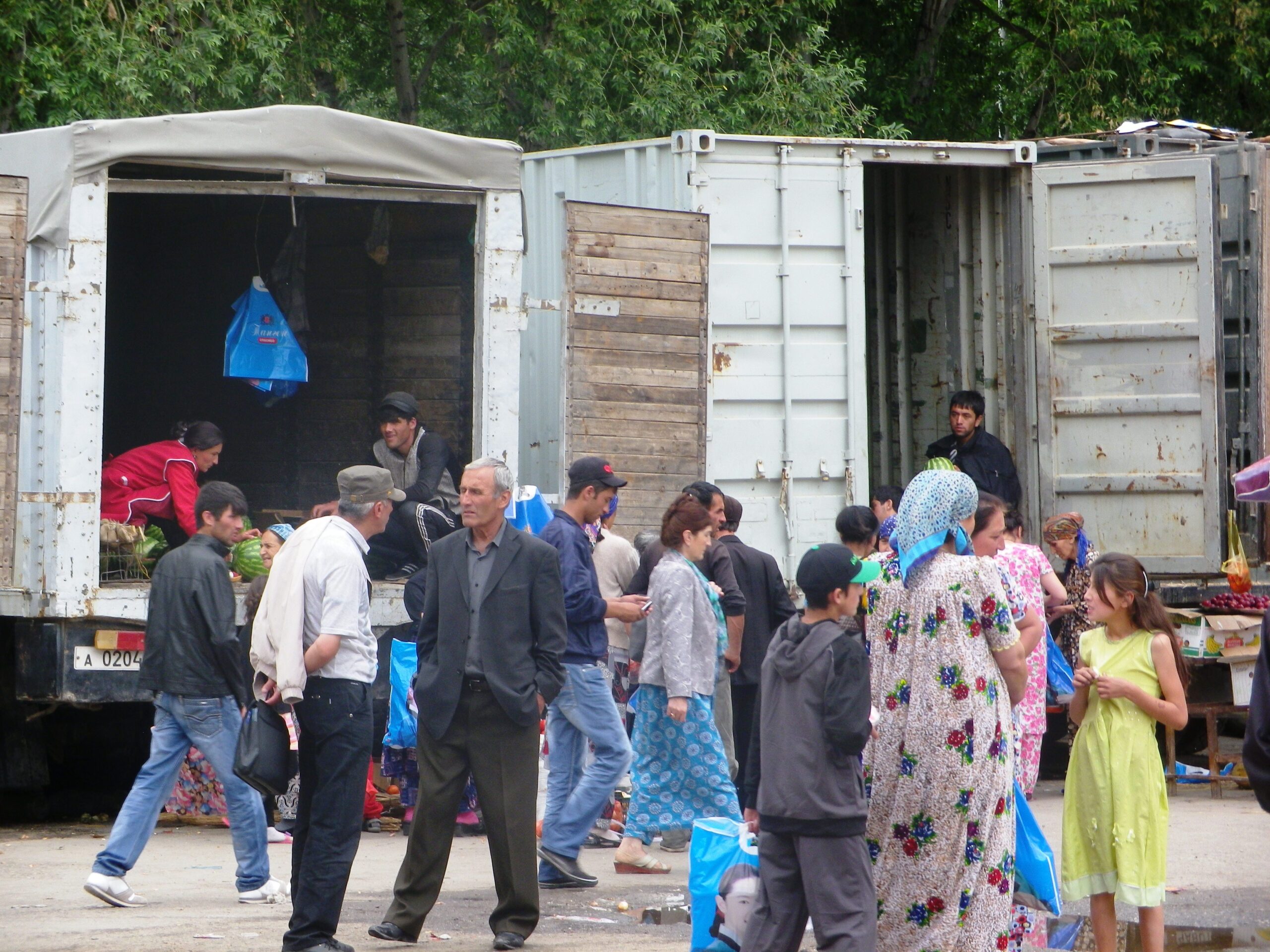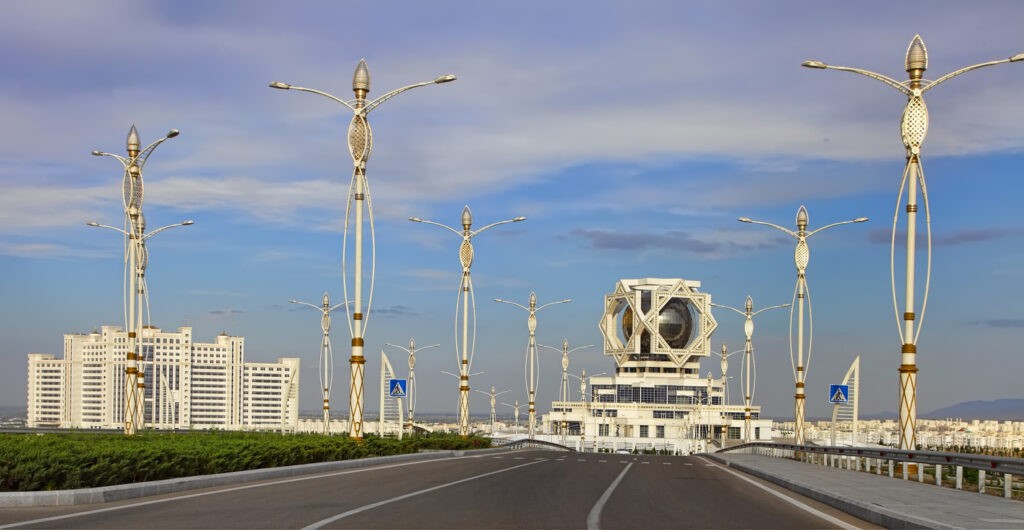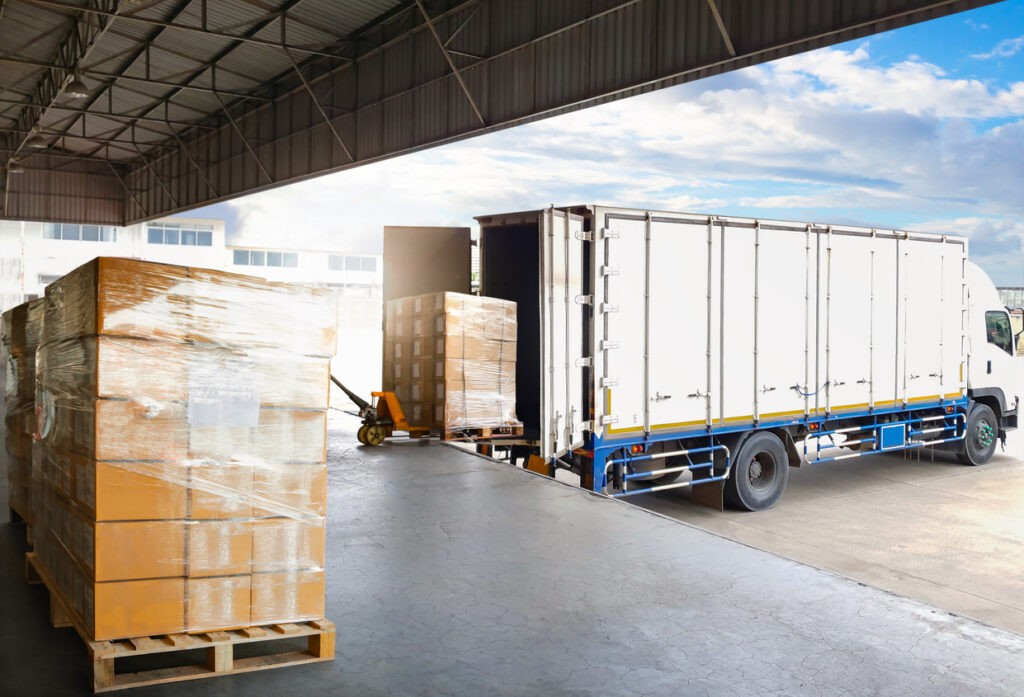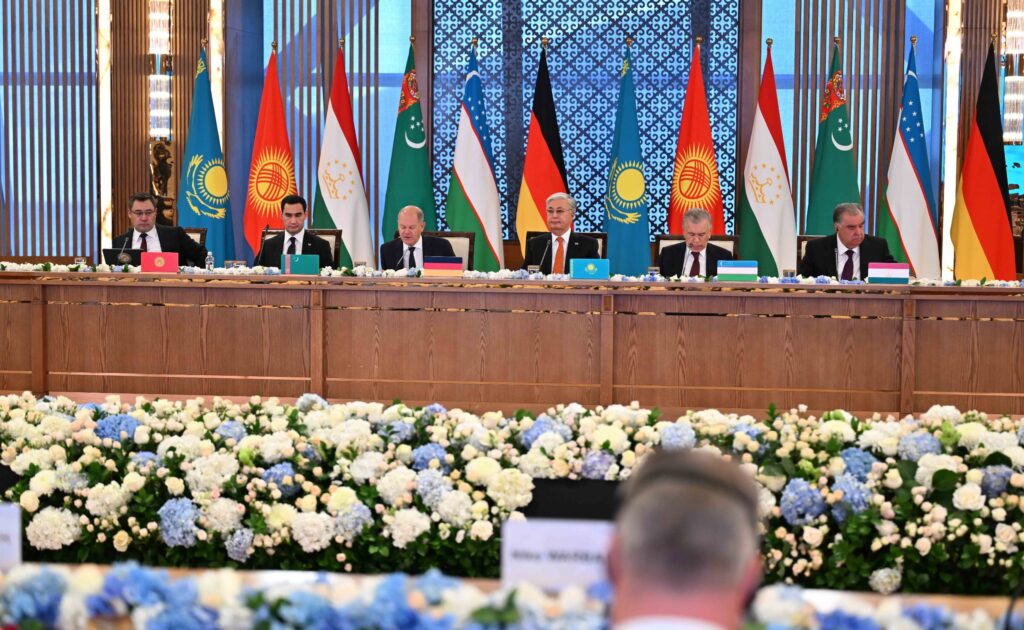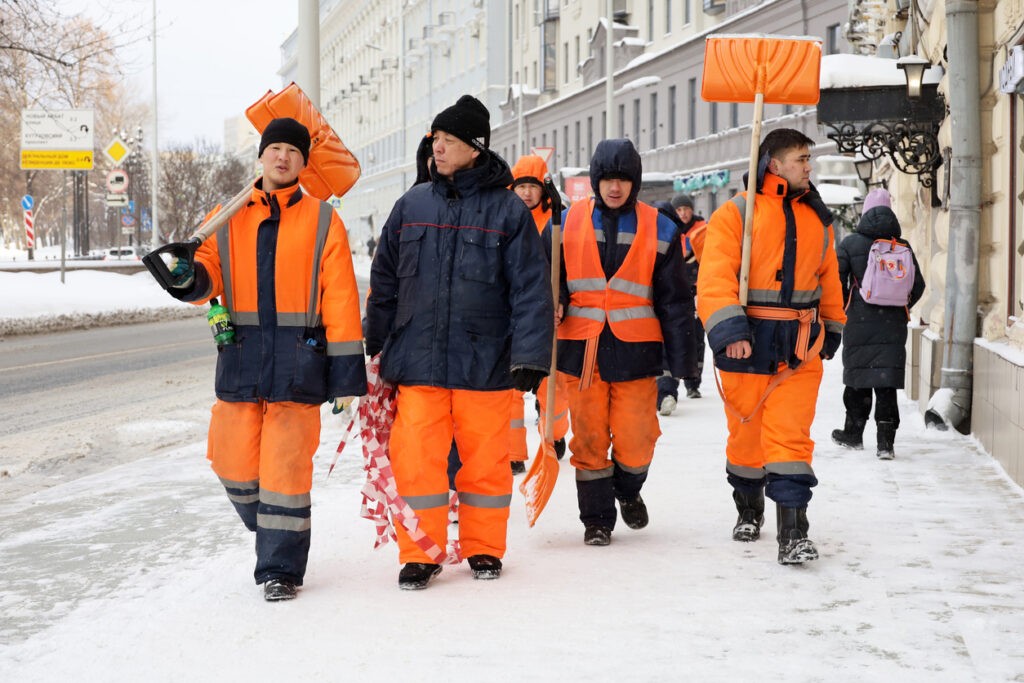The number of labor migrants from Tajikistan continues to grow steadily, officially reaching the highest figure seen in the last decade. According to the Ministry of Labor, Migration and Employment, in 2023, 652,014 people left the country to work abroad.
Despite the fact that the Government of Tajikistan claims the poverty level in the country has decreased (the poverty threshold is not specified), in reality a huge swathe of the male population is working abroad in an attempt to feed their families. Up to 40% of households in Tajikistan have at least one member working abroad.
Remittances from migrants therefore account for a significant part of the country’s GDP, but the authorities claim they cannot say exactly how much is sent by migrants because these remittances are funneled through different channels (accounts, banks, cards or through compatriots). However, various international organizations have stated that the figure stands in the realm of billions of dollars. Thus, according to the World Bank-KNOMAD, migrants’ remittances to Tajikistan in 2022 amounted to 5.346 billion dollars (39.6% of the country’s GDP). This makes Tajikistan one of the most remittance-based economies in the world, which serves as both a boon and a curse for the authorities, for whilst this mass migration removes those often viewed as unemployed malcontents, it’s also a source of embarrassment.
Against the background of military conflict, the number of Tajik workers in Russia has slightly decreased, from 775,000 in 2022 to just over 652,000 in 2023, according to the Minister of Labor, Migration and Employment, Gulnora Hasanzoda. However, official statistics from the Russian migration services, number citizens of Tajikistan who are labor migrants in Russia at 1.5 million, whilst several hundred thousand more have obtained Russian citizenship.
Renowned for being humiliated and extorted by border guards, these ex-pats are easy targets for the Russian police and are the subject of attacks by Neo-fascist groups. Often living in dormitory blocks overseen by gang-masters on the plains of Siberia, many die on the job, but they couldn’t survive back home. The poorest of the post-Soviet Republics, in September 2020, the World Food Program estimated that 47% of people in Tajikistan live on less than $1.33 a day, whilst an estimated 30% suffer from malnutrition.
A relatively new trend of leaving the country to work abroad has also been observed in Turkmenistan, where those serving in the police and in military units rank among the highest in terms of expats. Though salaries in these professions are considered quite high by Turkmen standards – police officers receive $142-157 and servicemen $160-185 a month, it is possible to earn several times more on a construction site, as a waiter or a cab driver in Russia. Thus, in April 2023 alone, around 200 officers from the Department of Internal Affairs of the Dashoguz Province of Turkmenistan submitted their resignations with the aim of going to work in Russia.
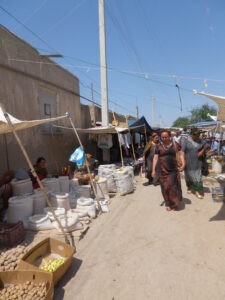
Konye-Urgench Bazaar, Dashoguz Province, Turkmenistan. Photo: TCA.
Against the background of aggravated labor migration, the authorities of Turkmenistan continue to do everything possible to hinder it: the issuance of foreign passports is a deliberately laborious process and a stringent visa regime is actively maintained. In 2022, the authorities requested that Turkey cancel a visa-free regime for its citizens, with the visa now costing a princely $250. In addition, those wishing to travel abroad have to pass an interview with the Ministry of National Security, who, since March 2023, oblige citizens to have a letter of guarantee they will return home signed by a close relative. The final stage – buying a ticket – also involves a number of hurdles, including massive queues at ticket offices, corruption, and inflated ticket prices. Even after boarding the plane, a traveler cannot be sure that he or she will not be ejected from the flight without explanation.
Those who do manage to leave Turkmenistan in search of earnings often end up doing hard physical labor and living in unsatisfactory conditions. Most migrants are forced to work illegally, meaning they have no medical insurance and no rights in cases of accidents or disputes with employers.
